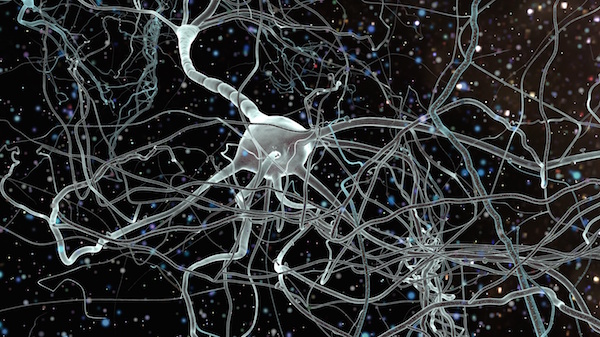
TUESDAY, March 20 (HealthDay News) — Some people are more likely than others to have alcohol-related blackouts due to differences in the way alcohol affects their brain, according to a new study.
Researchers examined MRI brain scans conducted while 12 people with a history of alcohol-related blackouts and 12 people without a history of blackouts did a memory task. The volunteers did the memory task with and without alcohol.
The findings are published online and in the June print issue of Alcoholism: Clinical & Experimental Research.
“Our study’s findings suggest that some people are more likely to experience alcohol-induced blackouts than others due to the way alcohol affects brain activity in areas involved in self-monitoring, attention and working memory,” corresponding author Reagan Wetherill, a postdoctoral fellow at University of California, San Diego, said in a journal news release.
“Given that approximately 40 percent of college students experience alcohol-induced blackouts and, in some cases, later discover they engaged in unwanted/risky sex, drove or other complex behaviors, our findings highlight the fact that alcohol impairs brain functioning and some people may be more vulnerable to alcohol’s effects than others,” Wetherill said.
“In other words, just because your friend may be able to drink a certain number of drinks and appear to be functioning fine, it does not mean that you or everyone else can,” she added.
More information
The U.S. National Institute on Alcohol Abuse and Alcoholism has more about alcohol and health.

